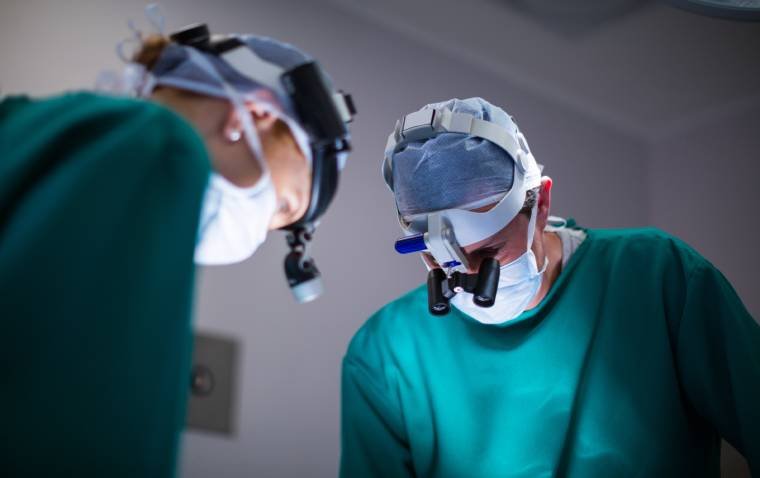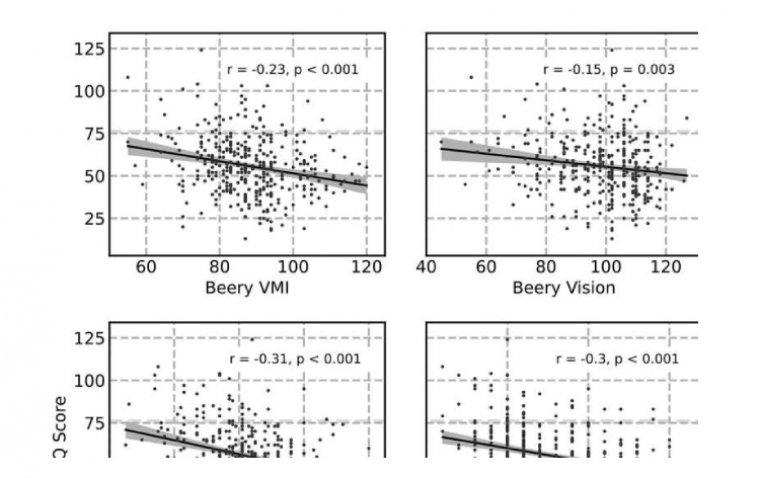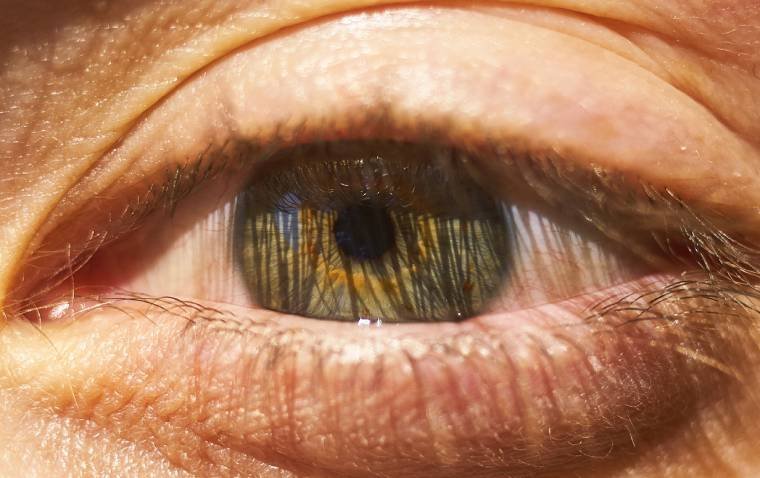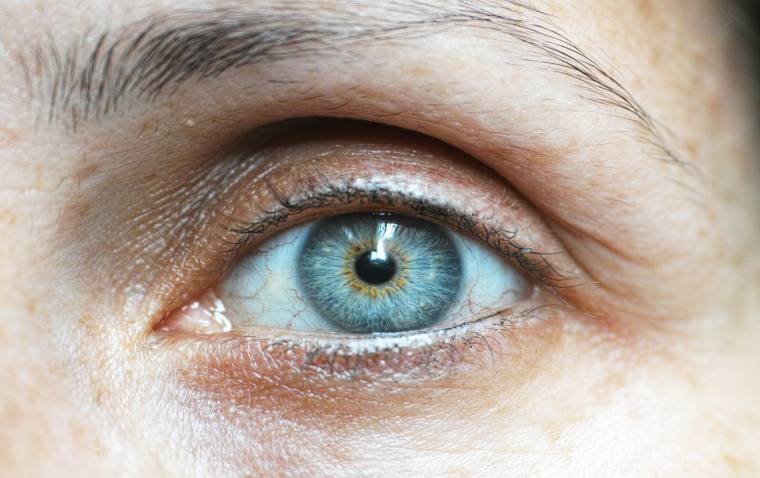
Study: Fear of Vision Loss May Deter Some Patients from Undergoing Cataract Surgery
A newly published study in Clinical Ophthalmology suggests that fear—particularly of losing vision—may prevent some patients from pursuing necessary cataract surgery, despite its effectiveness in reversing blindness. The findings underscore the critical role of physician trust and communication in guiding patient decisions.
Cataract Surgery and Patient Hesitation
Cataracts are the leading cause of reversible blindness, and surgical removal remains the only effective treatment. However, a subset of patients may avoid surgery due to anxiety, often fueled by concerns about potential vision loss post-operatively.
This study, conducted by researchers at the University of Cincinnati College of Medicine, sought to understand how health literacy and patient fear intersect in the decision-making process around cataract surgery.
Research Overview and Methodology
The research was led by Lisa Kelly, MD, Taylor Asbury-endowed professor-educator and director of medical student education in the Department of Ophthalmology at UC. She was joined by corresponding author Samantha Hu, a fourth-year medical student, along with contributors Stephanie Wey, MD, and Rainier Yono, a third-year medical student.
Key Details
The study was conducted at Hoxworth Eye Clinic, the primary training site for the University of Cincinnati’s ophthalmology residents. It involved 42 participants, all aged 50 or older, with 60% reporting an annual income below $50,000. The primary objective was to examine the relationship between health literacy and fear surrounding cataract surgery, with a specific focus on concerns related to vision loss.
Findings: Fear Persists Despite Education
• 36% of patients expressed fear surrounding cataract surgery
• Over half of those fearful specifically cited concerns about vision loss
• Surprisingly, the study found no direct correlation between health literacy and the level of fear
“We hypothesized that patients with lower health literacy would fear surgery more, especially the risk of vision loss,” said Hu. “But our findings didn’t support that.”
Although patients generally understood the procedure following physician explanations, fear remained a significant barrier for some.
“Even with clear explanations, sometimes their fear persisted,” noted Dr. Kelly.
Communication, Not Just Information
The study emphasized that providing more information alone is not always effective in alleviating fear. Instead, relationship-building and personalized communication were key factors in easing patient anxiety.
“Yes, patient education matters, but it’s not always sufficient,” said Kelly. “What’s equally important is building relationships and trust.”
Hu added, “It underscores the trust patients place in their doctors—and the need for physicians to truly understand their patient population.”
Looking Ahead
The researchers plan to further explore the emotional and psychological dimensions of surgical decision-making. Their work highlights the importance of doctor-patient communication in increasing access to sight-saving treatments like cataract surgery.
“Our patients are people with real fears,” said Kelly. “Our role is to partner with them in their health care.”
Reference:
Samantha Hu et al, Fear of Cataract Surgery and Vision Loss: The Effects of Health Literacy and Patient Comprehension at an Academic Hospital-Based Eye Clinic, Clinical Ophthalmology (2025). DOI: 10.2147/OPTH.S490630
(1).jpg)










